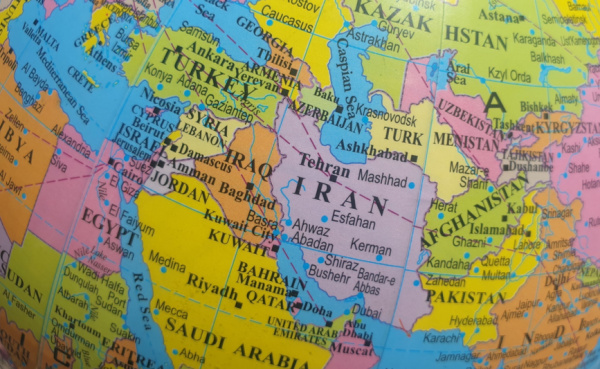Is the Aras Corridor an Alternative to Zangezur?
By Vali Kaleji
February 5, 2024
Iran and Azerbaijan recently agreed to establish a transit route called the “Aras Corridor.” It is intended to pass through the Iranian province of East Azerbaijan and connect the village of Aghband in the southwestern corner of the Zangilan District to the city of Ordubad in southern Nakhchivan. Bypassing Armenia, the Aras Corridor could present an alternative to the Zangezur Corridor with the potential of reducing Iran’s concerns for its common border with Armenia. However, if Armenia and Azerbaijan sign a peace treaty and Armenia and Turkey establish diplomatic relations, the current advantages of the Aras Corridor will be reduced. These equations will change only if Nikol Pashinyan’s government falls and the nationalist and conservative movements opposing peace with Azerbaijan and normalization of relations with Turkey come to power in Armenia.
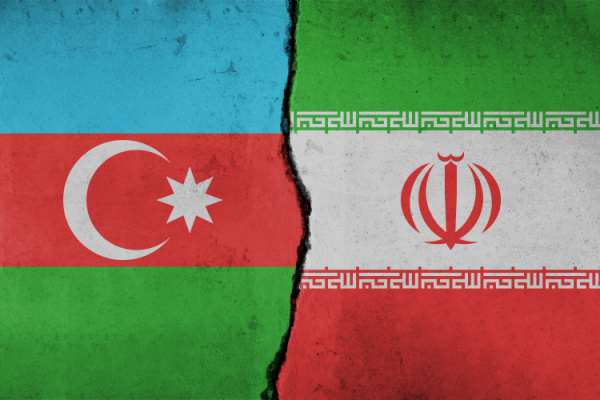
Armenia’s Crisis After Azerbaijan's Final Offensive in Nagorno-Karabakh
By Natalia Konarzewska
November 9, 2023
Armenia was hit by a political and humanitarian crisis after Azerbaijan launched a massive military offensive in Nagorno-Karabakh on September, aimed at disbanding its de facto government and armed forces. Yerevan’s refusal to provide military assistance to the separatist region fueled massive protests across Armenia in support of Karabakh Armenians and against Prime Minister Nikol Pashinyan. Simultaneously, relations between Armenia and Russia reached a new low amid Yerevan’s assertion that Moscow failed to live up to its security commitments in the region. As a result of Nagorno-Karabakh’s capitulation on September 20, tens of thousands of Armenian refugees fled the region.
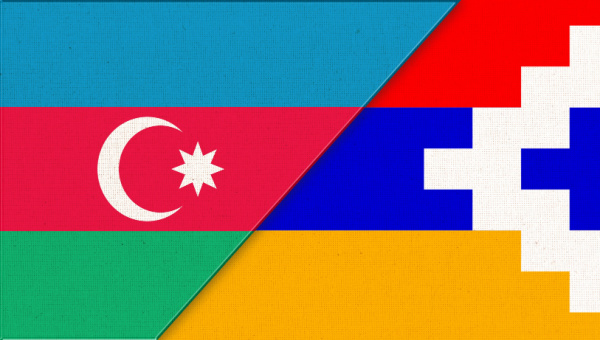
Downturn in Karabakh?
By Robert M. Cutler
September 18, 2023
The negotiations between Armenia and Azerbaijan were making important and substantive progress before the summer break. In the interim, however the Armenian government and diaspora have taken advantage of the diplomatic hiatus to launch a sustained, high-level international campaign that appears designed to create obstacles to a final peace settlement. Time is increasingly important due to political considerations. The end of the current calendar year is a crucial date. Obstacles should not be tolerated, and a concerted good-faith effort by all parties is required.
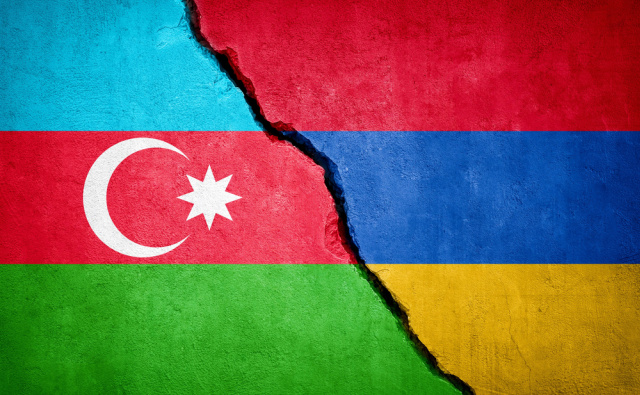
The U.S. Role in International Mediation of the South Caucasus Peace Process
By Robert M. Cutler
June 26, 2023
Intensive rounds of negotiations between Armenia and Azerbaijan over the past few months seem to be hitting a pause. Some progress has been made via each of the now-existing three tracks sponsored respectively by Russia, by the EU, and by the U.S. These have shown a certain limited mutual complementarity, yet crucial issues still await authoritative resolution. At present, only the U.S. would appear to have the goal of a final peace treaty firmly in sight. The process presided by Council of the EU President Charles Michel in Brussels may potentially still be helpful, but the activity of other EU institutions has become obstructive. U.S. diplomacy should not allow the current momentum to dissipate.
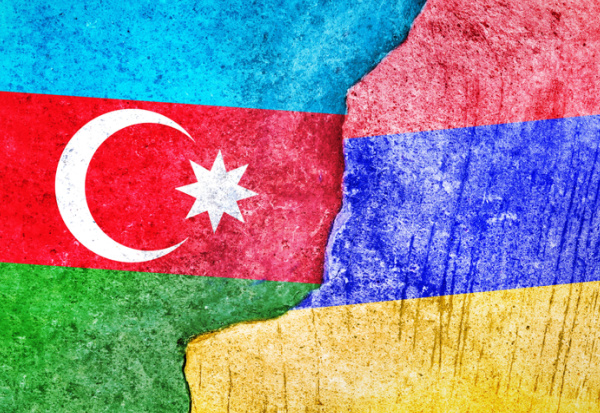
Russia and Iran Diverge in the South Caucasus
By Vali Kaleji
June 15, 2023
Despite some similarities in Iran’s and Russia’s approaches towards the conflict between Armenia and Azerbaijan since the collapse of the Soviet Union, Tehran and Moscow have diverged in recent years regarding the Zangezur Corridor, its possible effects for Iran’s border with Armenia, and Israel’s relations with Azerbaijan. Russia’s relations with Israel and its need to retain economic ties and transit options with Azerbaijan and Turkey after the Ukraine war, have led Moscow to take a flexible approach to developments in the South Caucasus, which is not favorable to Iran. This has disrupted the unwritten alliance between Iran, Armenia and Russia and has created a security and strategic dilemma for Iran along its northwestern borders.
